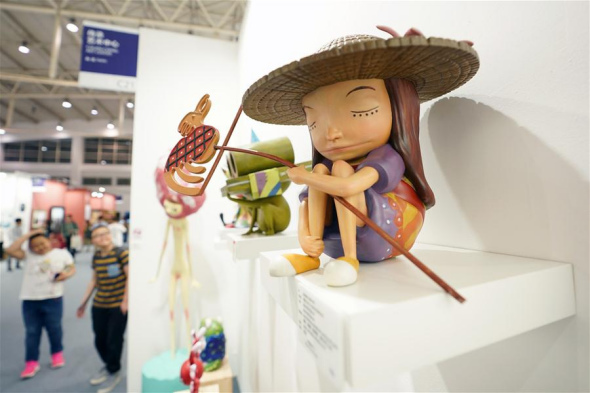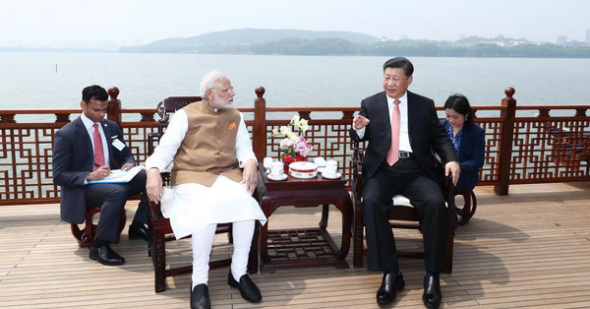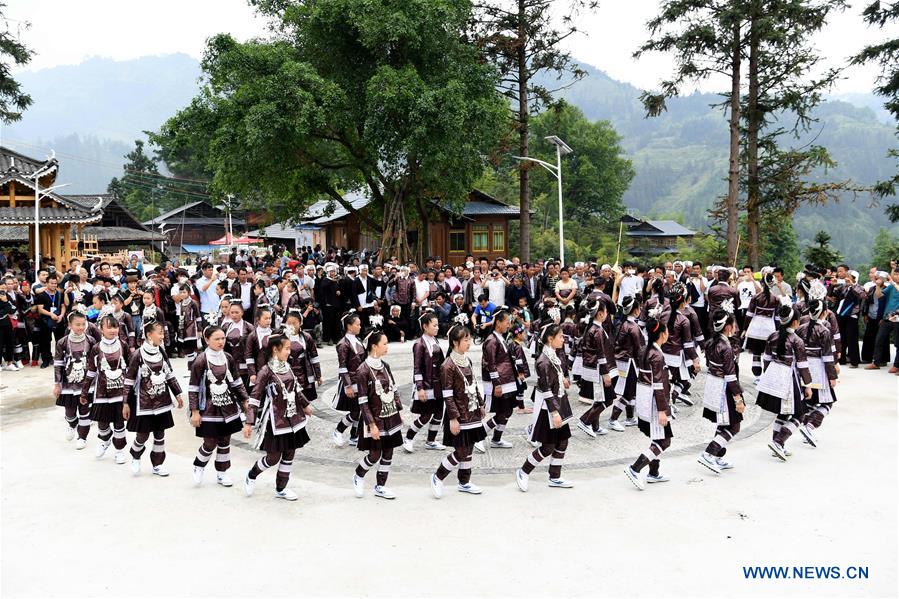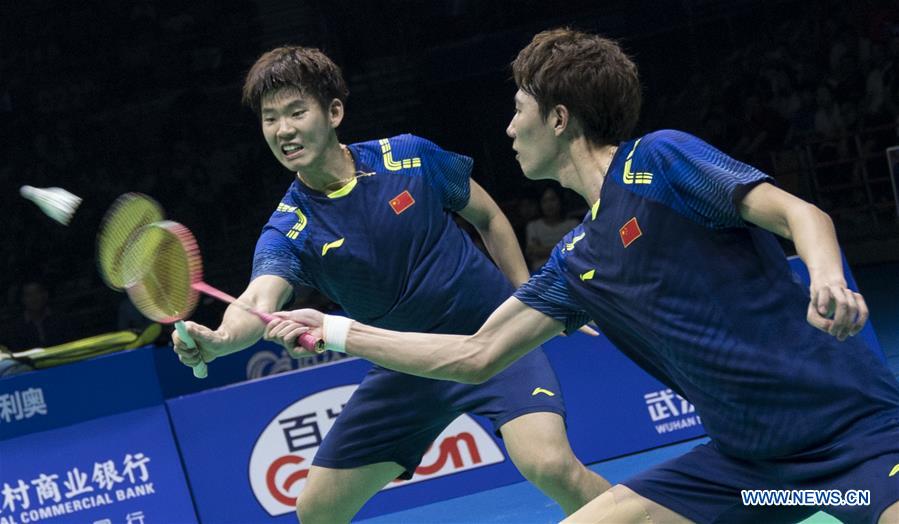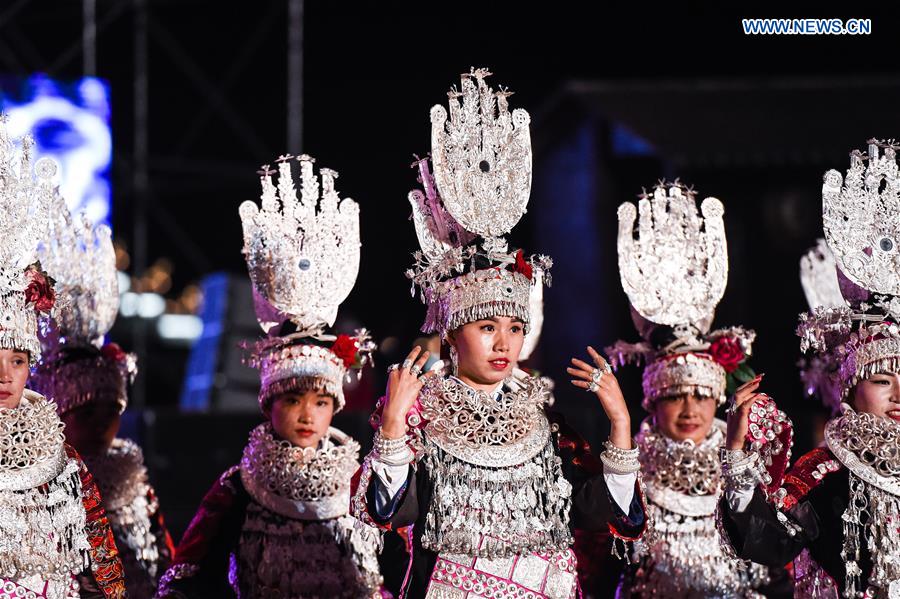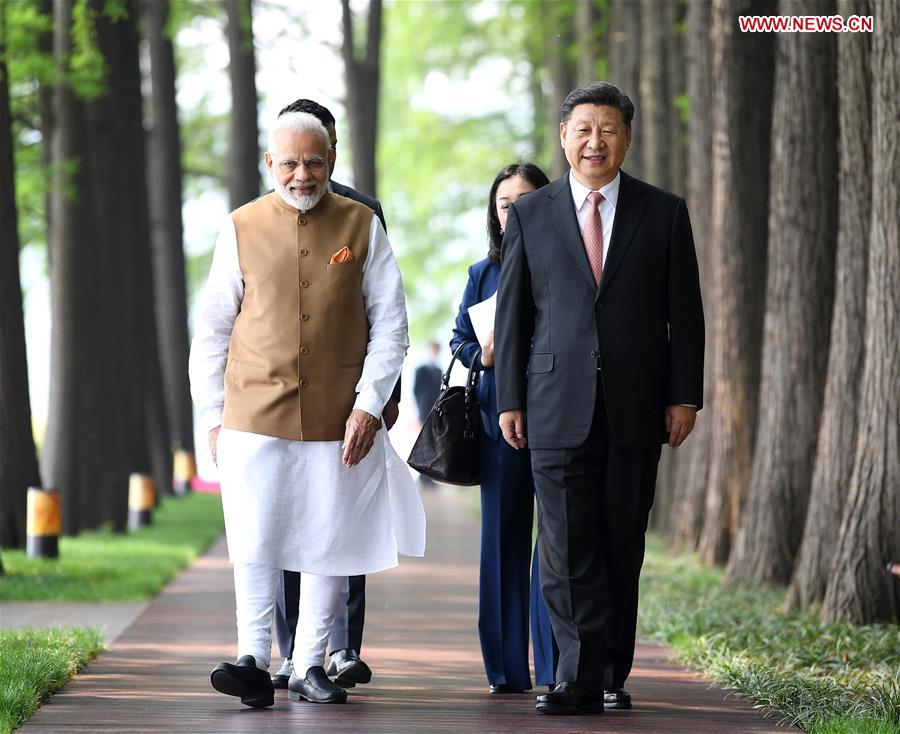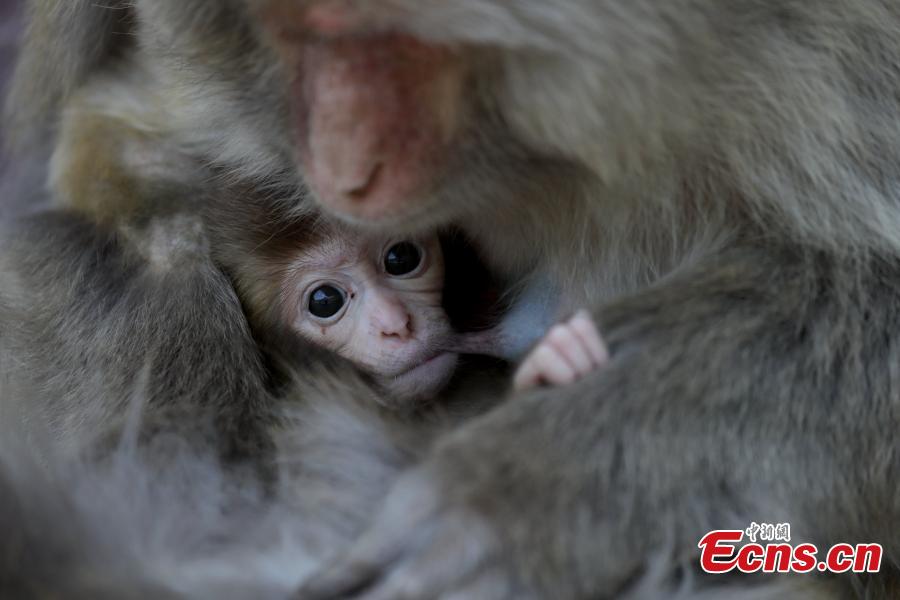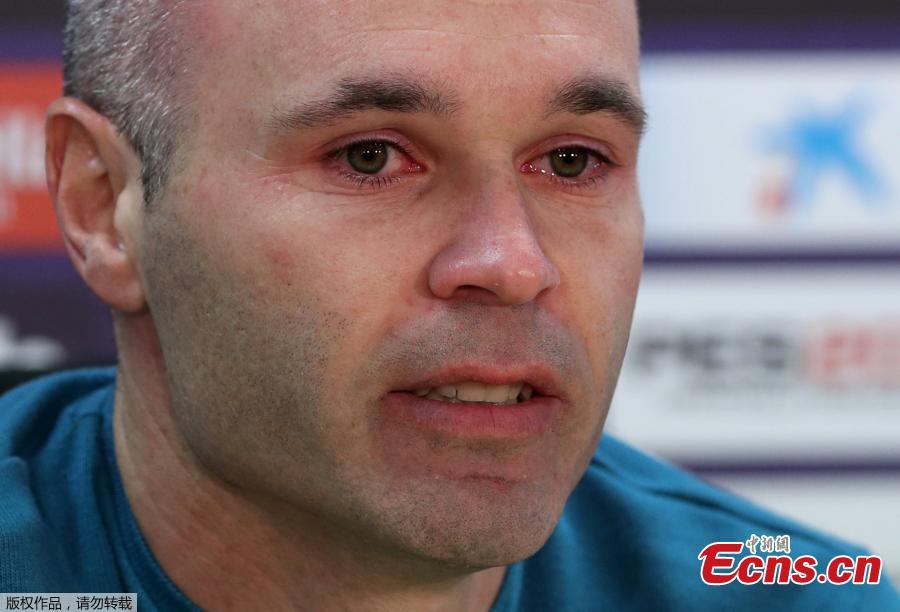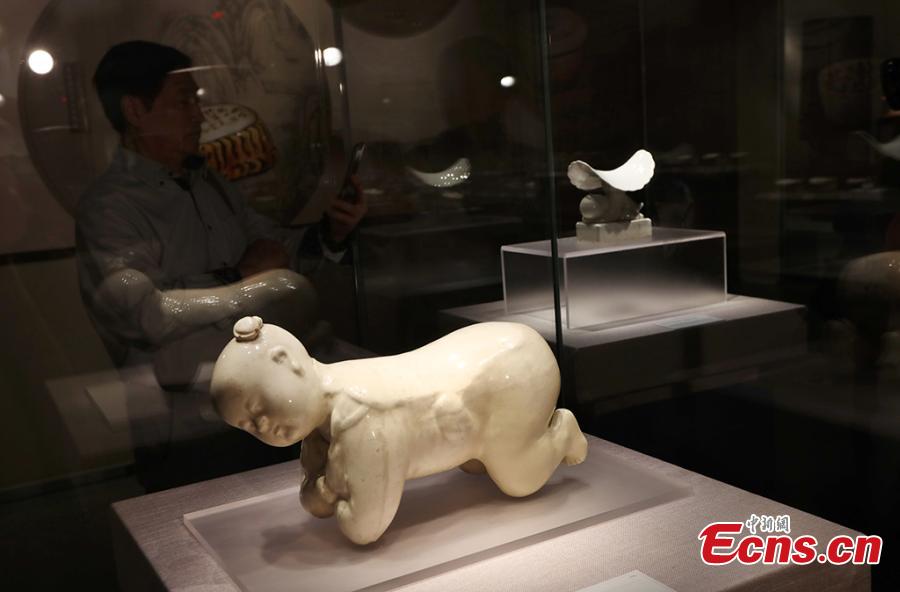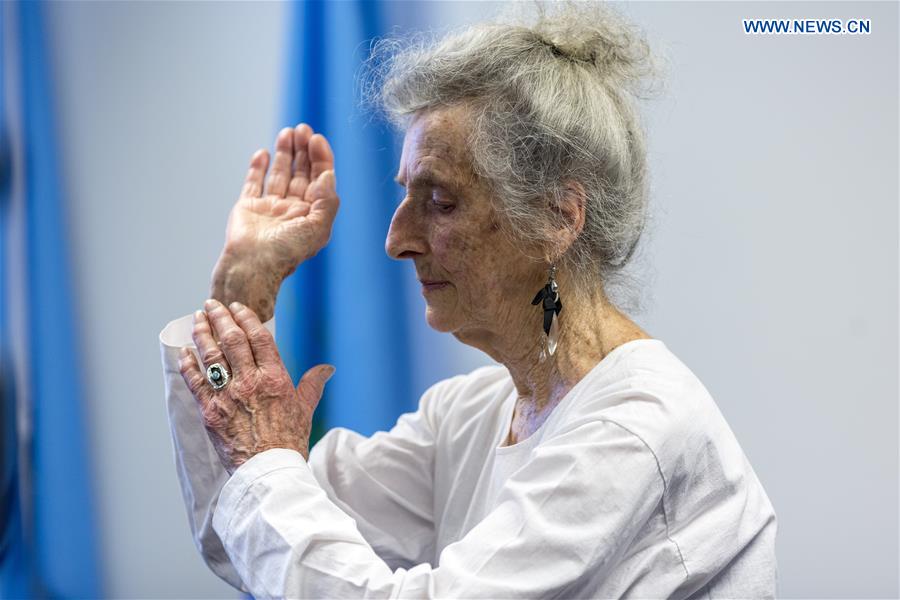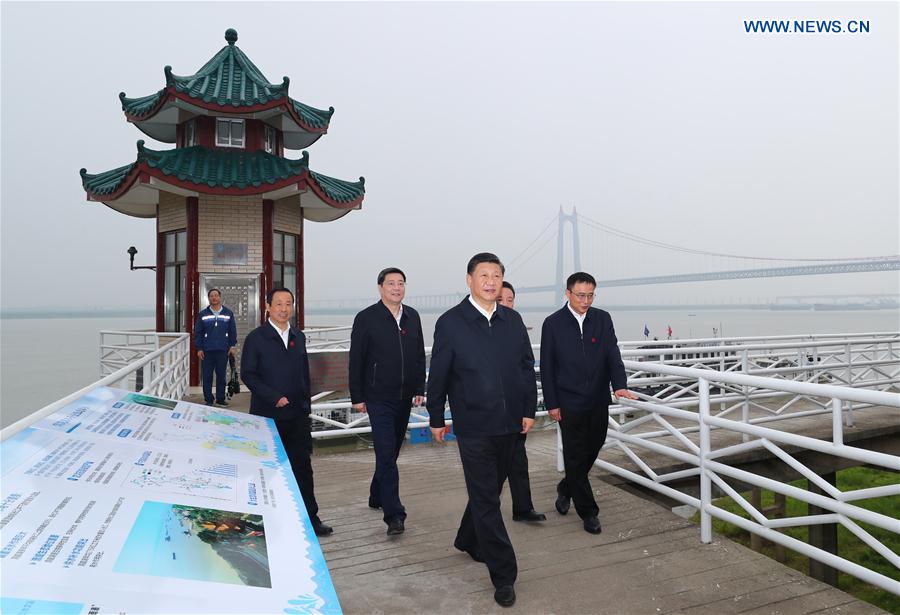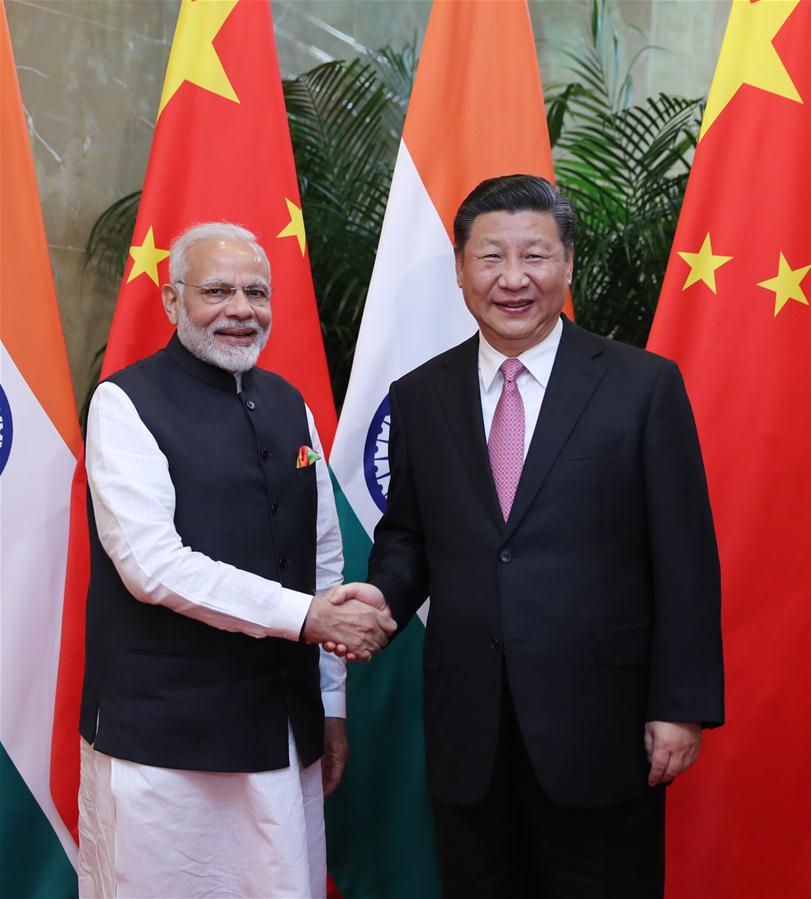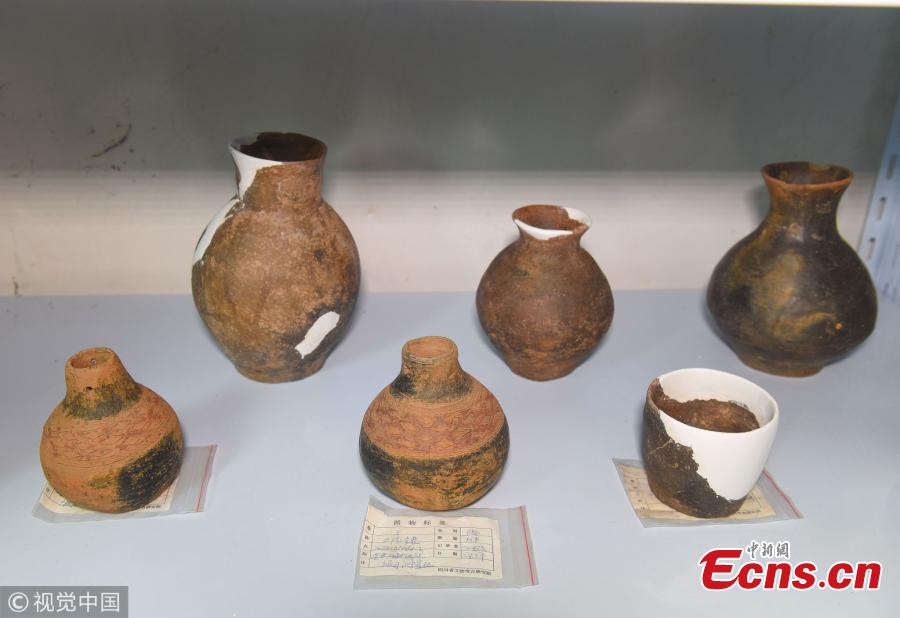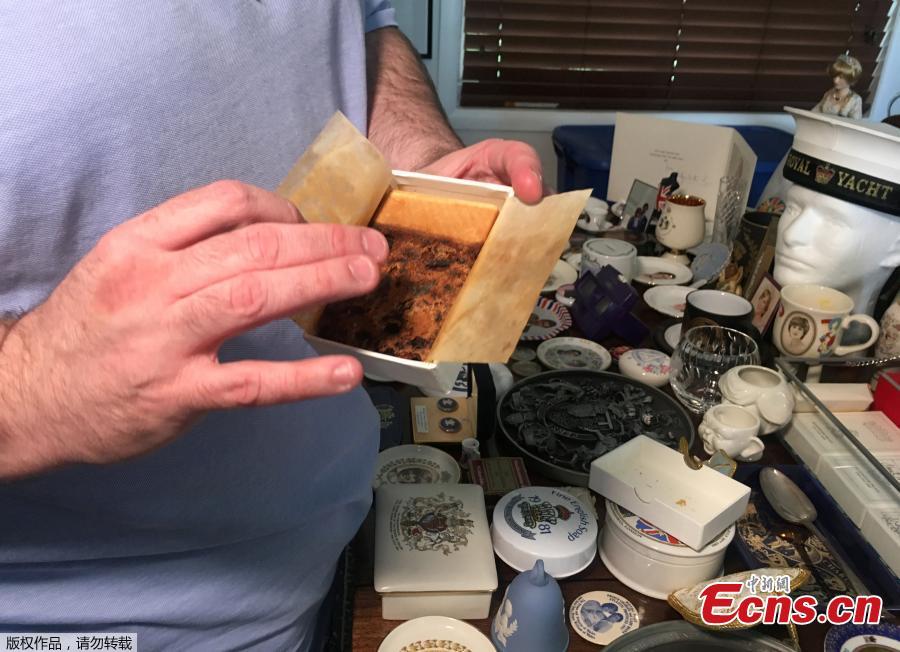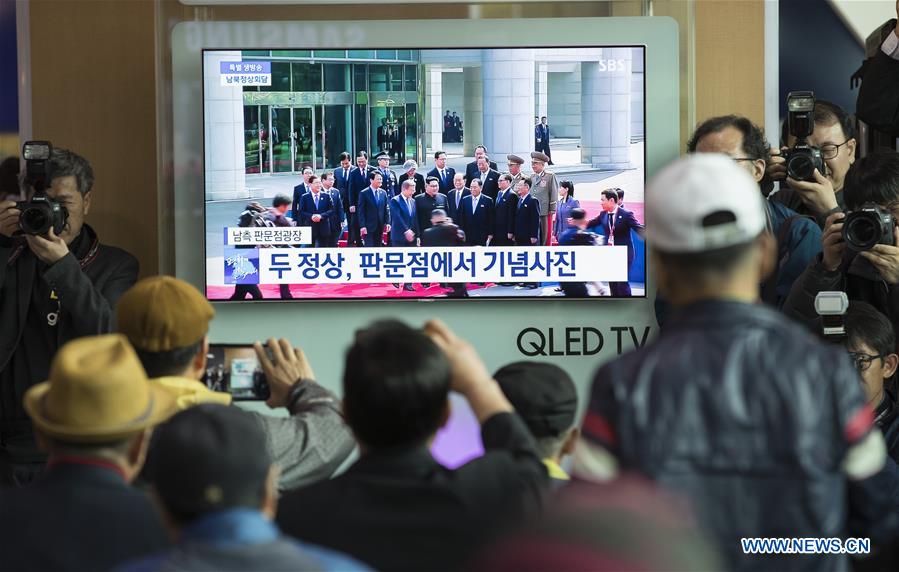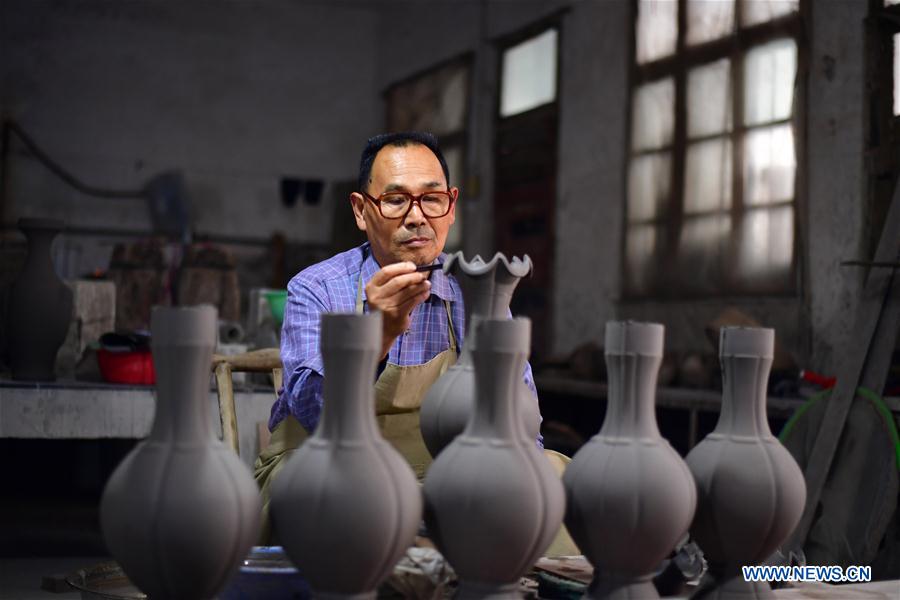
(Photo by Liang Luwen/for China Daily)
A growing number of younger females are pushing to extend their period of fertility.
In February, when Zhan Yingying turned 30, she wrote to the Committee of the Jilin Provincial People's Congress and asked it to guarantee her right to have her eggs frozen so she could be sure of starting a family at a later date.
The psychology graduate contacted the Jilin authorities because in 2002, deputies in the province passed a law granting unmarried women access to assisted reproductive technology, making the northeastern province the only place in China to offer the procedure for single women.
The regulation stated that it is legal for females who are 20, the legal age of marriage in China, but who decide to remain single, to use medical assisted reproductive technology to have a baby.
During the procedure, unfertilized eggs are harvested from the ovaries, then frozen and stored for later use, when they are thawed, fertilized by sperm in a lab and implanted in the uterus via in vitro fertilization techniques.
From a medical perspective, prime fertility occurs between ages 20 and 35. After 35, the quality of the eggs deteriorates, and it also becomes harder to extract them.
However, despite the legality of the process in Jilin, the provincial authorities have been reluctant to allow single women to use the service because the procedure is illegal under national law.
"I felt very excited and thrilled when I learned that single women can extend their period of fertility by using modern technology," Zhan, from Guangzhou, Guangdong province, wrote in her letter. "However, when I learned that unmarried women nationwide are prohibited from using assisted reproduction technology, I felt saddened and depressed."
Growing interest
Few women in China were aware of egg freezing, and had little understanding of the regulations governing the practice until 2015. That was when Xu Jinglei, a well-known actress, used her micro blog to relate her experience of the procedure in the United States two years before, when she was 38.
"It was the only way I could ensure that I would be able to have a baby later in life," she said.
Xu's posts sparked a nationwide debate about access to egg preservation and reproductive rights, and a growing number of women, both married and single, began inquiring about undergoing the procedure in the U.S. and its success rate, along with the cost, which ranges from $8,000 yuan to $15,000 yuan for each session.
The rise in interest comes as more women look to postpone having a family until they have secured their careers, and as the age for marriage rises as Western ideas gain greater sway.
Yu Qi, director of the assisted reproductive center at Peking Union Medical College Hospital in Beijing, said that in the past five years he has seen a growing demand for consultations related to egg extraction, freezing and storage, and every day, at least one woman age 35 or older requests advice about the procedure.
Supplementary measure
The problem for Zhan is that egg freezing is classified as a supplementary IVF measure in China, and is only available to married women who have had treatment for infertility or those undergoing chemotherapy for cancer and who are unlikely to conceive naturally.
Freezing eggs solely for the purpose of preserving or extending a single woman's period of fertility is illegal, according to the 2001 Assisted Reproductive Technology Regulation.
Essentially, fertility rights are protected based on marital status under Chinese law, and even though the regulation passed in Jilin allows single women access to treatment, it is never enacted because it conflicts with age-old beliefs and values under which children are expected to be raised in a "traditional" family setting with both a father and mother.
Lu Jiehua, professor of sociology at Peking University, said the Jilin regulation was passed as a symbol of social transformation and progress.
"Having children is a function of the family, but as society develops, family functions gradually weaken," he said. "Allowing single women the right to choose when they will be fertile is a personal issue, which will require legal changes as society becomes more tolerant."
Zhan said the regulation has given her hope that the law can be amended in favor of single women, and has emphasized the conflict between laws passed by central government and provincial bodies.
"Whether local hospitals in Jilin perform the procedure or not, it is not illegal in the province, but it is in terms of national law. It's a gray area for hospitals in the province," she said.
"I think the essence of the national law is to preserve the traditional family unit of 'one husband, one wife'. The problem is one of a lack of trust-single women are not trusted with the responsibility of raising children on their own. Of course, marriage is one way of having a family, but it doesn't always have to be that way."









